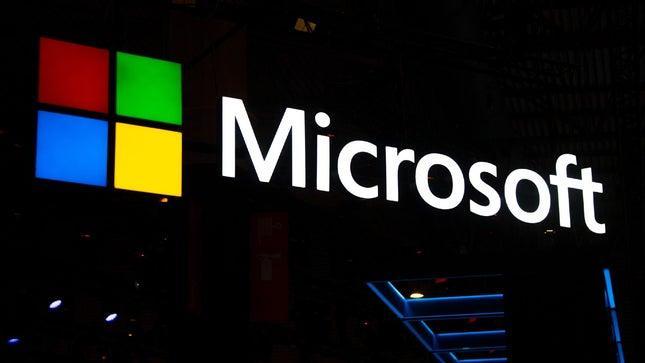Hillicon Valley – Biden budget boosts antitrust funding
Today is Monday. Welcome to Hillicon Valley, detailing all you need to know about tech and cyber news from Capitol Hill to Silicon Valley. Subscribe here.
Let’s get to it.
President Biden is proposing funding increases for the Federal Trade Commission (FTC) and the Department of Justice (DOJ)’s antitrust division as part of his $5.8 trillion proposal released Monday.
Biden’s 2023 budget would increase the DOJ’s antitrust division funding by $88 million and the FTC’s by $139 million.
The White House called it a “historic” increase in a fact sheet, saying it “reflects the Administration’s commitment to vigorous marketplace competition through robust enforcement of antitrust law.”
The requests to increase the funding come as the DOJ and FTC push forward with antitrust cases against tech giants, including Google and Facebook parent company Meta.
Recent White House warnings urging the private sector to shore up its cyber defenses have experts questioning why U.S. officials haven’t already defined what constitutes cyberwarfare.
Although the experts praised the warnings, they said that the Biden administration should also prioritize defining what the thresholds are for retaliating against a major cyberattack.
“We have to set up rules of engagement that are absolute, saying any cyberattack that is associated with a [hacking group] loosely tied with the Russian government or the Chinese government will immediately trigger the following actions,” said Emil Sayegh, president and CEO of data security firm Ntirety.
The experts were weighing in on recent warnings issued by the White House urging critical sectors to prepare for possible Russian cyberattacks following new U.S. intelligence suggesting that the Kremlin is exploring “options for potential cyberattacks” against critical infrastructure.
TUNE-IN TO RISING, now available as a podcast. It’s politics — without the screaming.
MUSK MULLING TWITTER RIVAL
Tesla Inc. CEO Elon Musk![]() Elon Reeve MuskNASA announces renewed competition for moon mission contracts Equilibrium/Sustainability — Students create filter to remove lead from tap water On The Money — White…
Elon Reeve MuskNASA announces renewed competition for moon mission contracts Equilibrium/Sustainability — Students create filter to remove lead from tap water On The Money — White…





